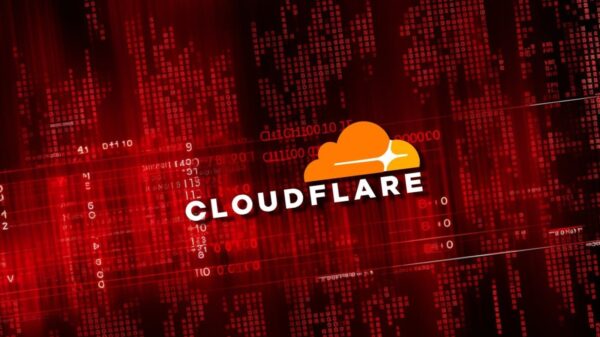Digital sovereignty has emerged as a significant topic in the information technology sector, gaining increased attention as businesses and governments navigate the complexities of data control and privacy. In a recent episode of the ITPro Podcast, hosts Jane McCallion and Ross Kelly delved into the nuances of digital sovereignty, discussing its implications in areas such as artificial intelligence (AI), cloud computing, and regulatory frameworks, particularly within the context of the European Union.
Understanding Digital Sovereignty
The term “digital sovereignty” refers to the ability of a nation or organization to maintain control over its digital landscape, including data storage and management. According to the World Economic Forum, it encompasses the notion of having autonomy over one’s digital destiny. This concept has gained traction in the European Union, where regulatory compliance remains a central focus for businesses operating within its borders.
McCallion emphasized the importance of regulatory frameworks, stating, “You can’t understate the impact of regulatory compliance in the EU – that’s the huge driving factor.” Major cloud service providers such as Microsoft, AWS, Oracle, and Google Cloud are adapting their strategies to align with these regulations, realizing that compliance is not just an obligation but a necessity to mitigate risks.
The Rise of Sovereign Cloud Services
As digital sovereignty continues to shape industry standards, sovereign cloud services have become the “bare minimum” expected by customers. Providers are now racing to meet the heightened demand for data sovereignty, with many organizations pushing for solutions that ensure compliance with local regulations.
The podcast highlighted that AWS has announced that only Europeans will operate its European Sovereign Cloud service, a move aimed at assuaging concerns about data privacy and control. Similarly, SAP is taking steps to enhance data sovereignty with new on-site infrastructure options, showcasing a growing trend among tech giants to prioritize regional control of data.
In addition, HPE has launched exclusive sovereign cloud offerings aimed at channel partners, reflecting the broader shift towards tailored solutions that address the unique needs of different markets.
As the conversation around digital sovereignty evolves, it is clear that compliance and data control will remain crucial factors driving innovation in cloud services. Organizations must navigate these challenges while ensuring they meet both regulatory requirements and customer expectations.
For more insights on this topic, listeners can subscribe to the ITPro Podcast on platforms such as Apple Podcasts and Spotify, or join the IT Pro newsletter for the latest updates in the tech landscape.





































































